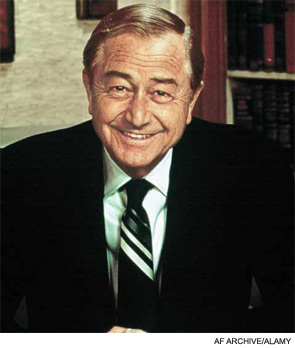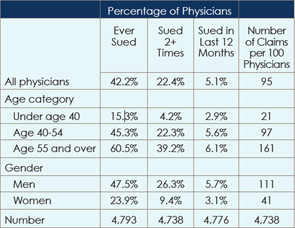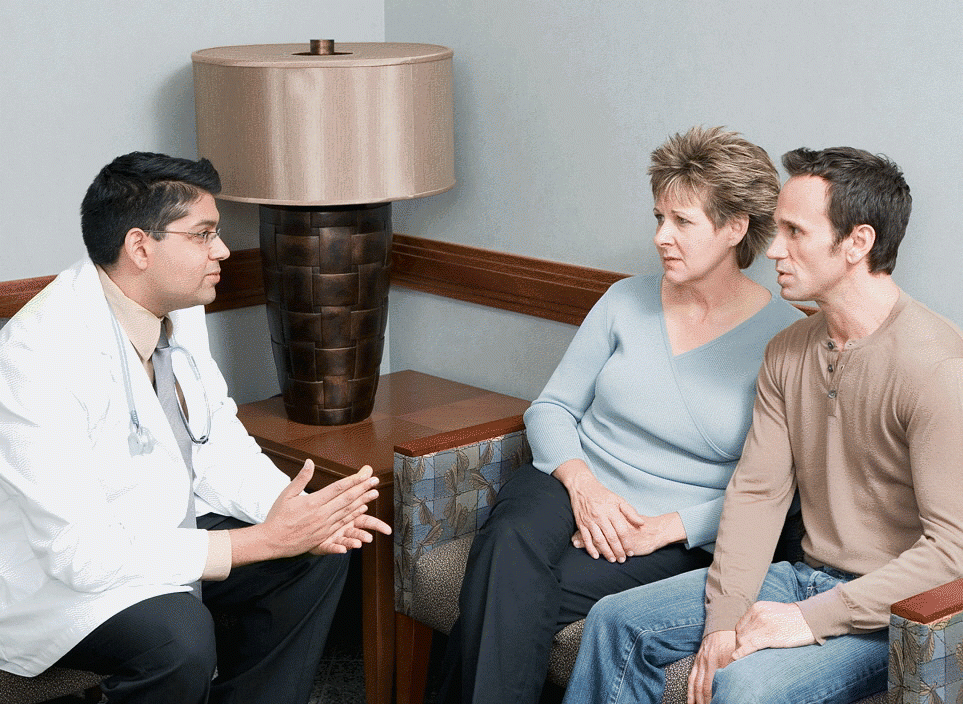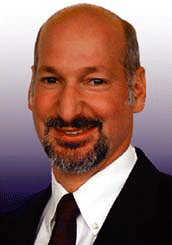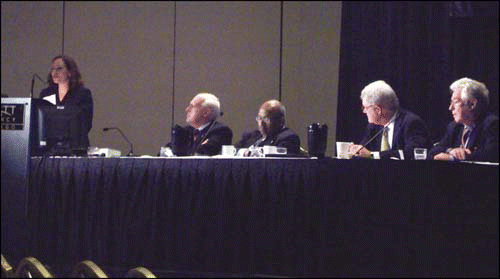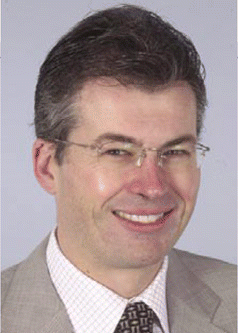The science of medicine continues to expand rapidly, and this is obviously good for humanity. The art of medicine, on the other hand, has been largely forgotten. This skill is the basis of the time-honored physician-patient relationship and is an important aspect of good patient care. So why have so many physicians forgotten this basic skill? Why would a caring physician disregard any expertise that would benefit his patient?
